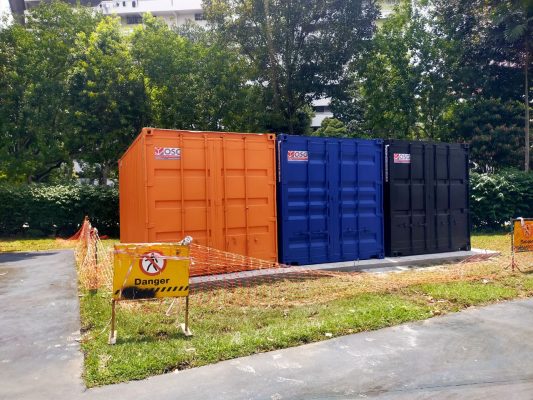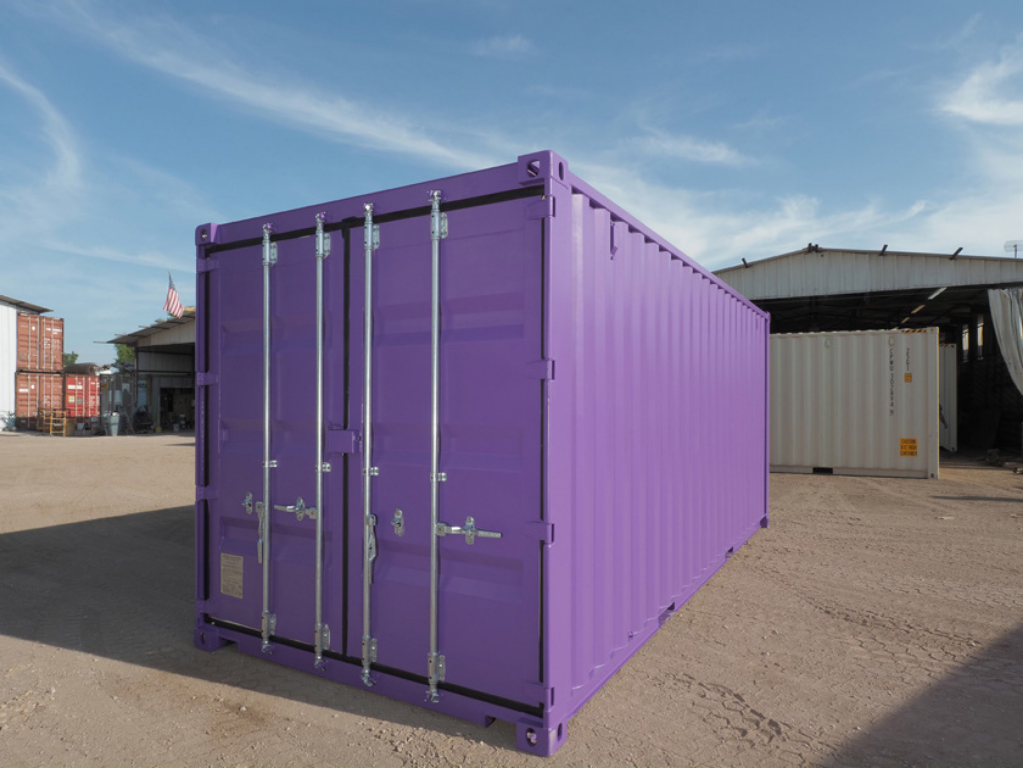Shipping Container Farms: Revolutionizing Urban Agriculture

In recent years, urban agriculture has gained traction as cities strive to become more self-sufficient, sustainable, and resilient. Among the innovative solutions emerging from this movement is the concept of shipping container farms. These repurposed containers are transforming the way we grow food, addressing issues such as food security, urbanization, and environmental concerns.
The Rise of Shipping Container Farms
Shipping container farms are essentially retrofitted cargo containers that create controlled environments for growing crops. With the ability to fit into various urban spaces, they maximize land use efficiency, making them an ideal solution for densely populated areas. The global shipping industry’s surplus of containers provides an abundant and low-cost resource, allowing entrepreneurs and urban farmers to harness these structures for agricultural purposes.
One of the pioneering companies in this field, Freight Farms, has developed a modular system called the Greenery, which utilizes hydroponics and vertical farming techniques. This innovative approach allows for year-round production of fresh vegetables and herbs, regardless of the external climate. By leveraging technology, container farms can achieve yields that far exceed traditional farming methods, significantly contributing to urban food supplies.
Sustainable Practices
Sustainability is at the core of the shipping container farming movement. These farms use advanced technologies such as LED lighting, automated irrigation systems, and climate control to optimize plant growth while minimizing resource consumption. The ability to grow food locally reduces the carbon footprint associated with transporting produce from rural areas to urban centers. Additionally, container farms can be powered by renewable energy sources, further enhancing their sustainability credentials.
Water conservation is another critical aspect of shipping container farms. Traditional agriculture is notorious for its excessive water usage, but hydroponic systems used in container farms can use up to 90% less water than conventional farming methods. This is particularly crucial in urban areas, where water scarcity is a growing concern.
Enhancing Food Security
As cities continue to expand, ensuring access to fresh, nutritious food becomes increasingly challenging. Shipping container farms provide a viable solution to this pressing issue. By establishing farms within city limits, these systems can produce food that is fresher and more nutritious than items that have been shipped from far away. This proximity not only enhances food quality but also fosters a sense of community as residents gain access to local produce.
Moreover, container farms can be deployed in food deserts—areas where access to fresh food is limited. By targeting these underserved communities, shipping container farms can play a crucial role in improving public health and nutrition. Local initiatives can support these efforts, helping to educate residents about healthy eating while providing them with the means to grow their own food.
Economic Opportunities
Shipping container farms are not just a boon for food production; they also create economic opportunities in urban areas. These farms can provide jobs, stimulate local economies, and support small businesses. By sourcing produce from local container farms, restaurants and grocery stores can promote farm-to-table initiatives, strengthening community ties and supporting local agriculture.
Additionally, the startup costs for establishing a shipping container farm can be relatively low compared to traditional farming methods. This accessibility allows entrepreneurs to enter the agricultural sector with innovative ideas, such as creating specialized crops or offering unique agricultural experiences. Furthermore, as urban farming gains popularity, the potential for partnerships with schools, community organizations, and research institutions grows, fostering collaboration and innovation.
Challenges and Future Prospects
While the concept of shipping container farms is promising, there are challenges to consider. Initial setup costs can be significant, and operating a high-tech farm requires knowledge and expertise in both agriculture and technology. Additionally, regulatory hurdles, such as zoning laws and health regulations, can pose obstacles to establishing container farms in certain urban areas.
Despite these challenges, the future of shipping container farms appears bright. As technology continues to advance and urban populations grow, the need for innovative agricultural solutions will only increase. By , shipping container farms are paving the way for more sustainable, efficient, and resilient food systems.
In conclusion, shipping container farms are a game-changer in the realm of urban agriculture. By combining sustainability, economic opportunity, and food security, these farms are reshaping the way we think about food production in cities. As urban areas continue to evolve, the integration of container farming into our food systems will be essential in creating a sustainable and resilient future for urban communities.



